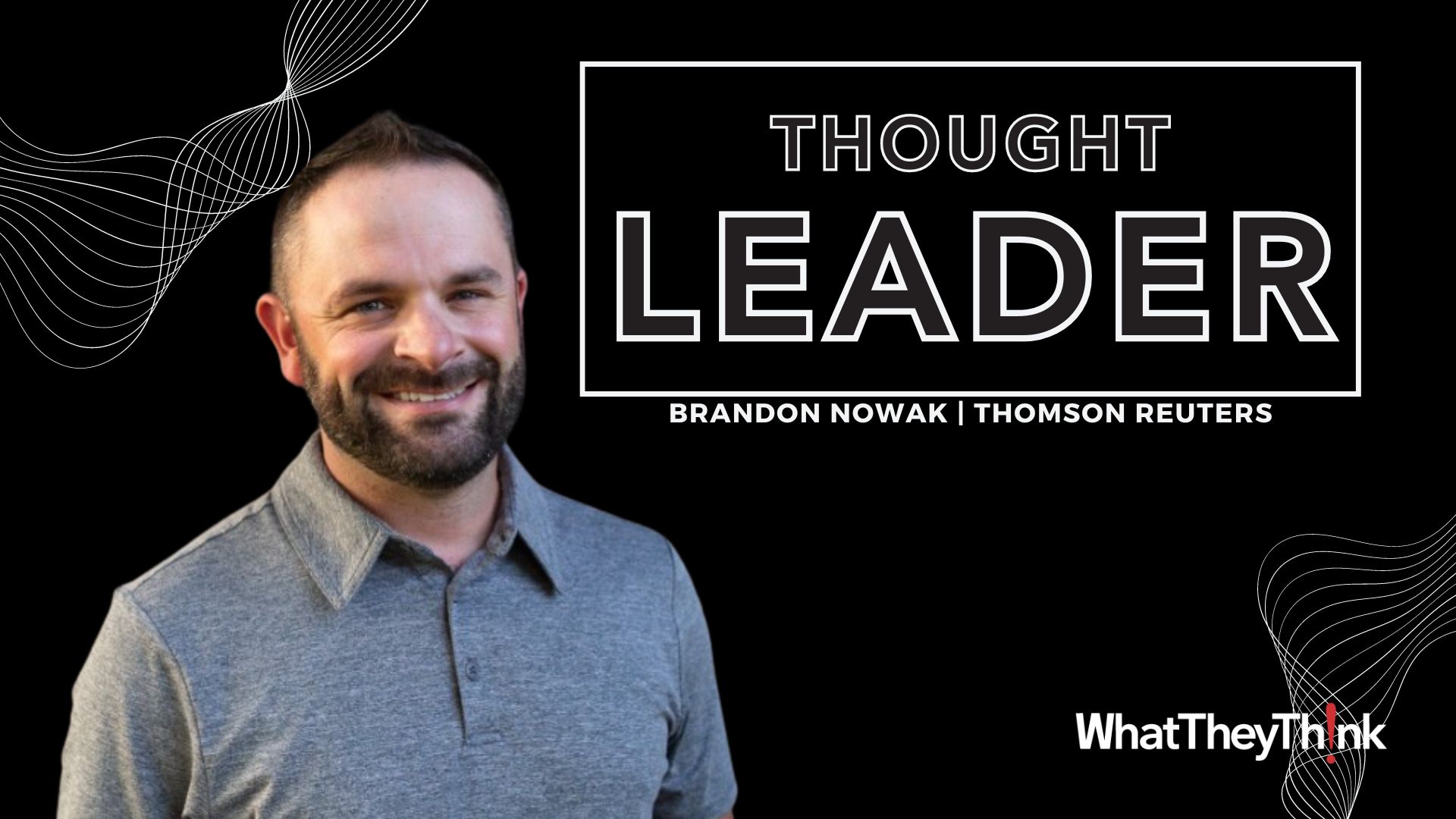Toppan and Hokkaido University Launch Comprehensive Dementia Research Unit
Press release from the issuing company
Establishing technology for early detection to advance dementia diagnosis and treatment
Tokyo – Toppan, a global leader in communication, security, packaging, décor materials, and electronics solutions, and Hokkaido University have launched the “Comprehensive Dementia Research Unit,” an industry creation section that will collaborate with the Hokkaido University Collaborative Project Center’s Cognitive Science Research Center, which conducts comprehensive research on diagnosis technologies for dementia.
Fusing Toppan’s Digital ICA™1 technology for high-sensitivity fluorescence detection with Hokkaido University’s academic expertise, the Comprehensive Dementia Research Unit will contribute to the advancement of dementia diagnosis and treatment by undertaking related research, including developing technologies for early Alzheimer’s disease detection.
Toppan and Hokkaido University will conduct research in collaboration with the latter’s Global Research Center for Food & Medical Innovation (FMI) and other related facilities.
Name Comprehensive Dementia Research Unit
Research facility Hokkaido University Global Research Center for Food & Medical Innovation (FMI)
Period April 1, 2023 to March 31, 2025
Researchers Ichiro Yabe (Professor, Faculty of Medicine, Hokkaido University)
Hiroaki Yaguchi (Associate Professor, Faculty of Medicine, Hokkaido University)
Kenji Monde (Professor, Faculty of Advanced Life Science, Hokkaido University)
“Working with Hokkaido University will provide a combination of technologies and specialist knowledge that we hope will unlock the key to earlier diagnosis of dementia,” said Jin Endo, Managing Executive Officer of R&D Strategy and Business Development at Toppan. “We look forward to being able to contribute to better prevention and treatment as well as to shaping a society more accommodating to people with dementia and those who care for them.”
Background
A rise in the number of people with dementia is a pressing social issue in Japan. According to the Ministry of Health, Labour and Welfare, the number of dementia patients aged 65 and over is forecast to reach approximately 7 million in 2025, equivalent to one in five senior citizens. In response, Hokkaido University established its Cognitive Science Research Center in April 2022 to integrate and consolidate its dementia research and build a regional network.
Toppan, meanwhile, aims to contribute to early diagnosis and preventative healthcare in the areas of cancer and dementia. Initiatives include using microfabrication and digital detection technologies to develop Digital ICA™, a high-sensitivity fluorescence detection technology for identifying biomarkers used for cancer and dementia diagnosis.
Against this background, Toppan and Hokkaido University have established the Comprehensive Dementia Research Unit to function as an industry creation section bringing together their respective technologies and driving comprehensive collaboration centered on the Cognitive Science Research Center.
Joint research
Toppan and Hokkaido University will further advance their current joint efforts, in which they apply Toppan’s Digital ICA™ technology to research early Alzheimer’s disease diagnosis technology based on exosome detection. The two organizations will also address other broad-ranging research themes, such as enabling early diagnosis of Alzheimer’s disease and other forms of dementia through assessment and analysis of cognitive functioning, devising methods for assessing cognitive functioning, and searching for biomarkers for diagnosis.
? Testing with human subjects and developing next-generation detection methods
Toppan and Hokkaido University will conduct testing using human subjects, including Alzheimer’s patients and people with mild cognitive impairment (MCI), and develop next-generation detection methods for early dementia diagnosis. To do this, they will use technologies that can enable early Alzheimer’s disease diagnosis by detecting amyloid β-binding exosomes in a small amount of blood.
? Advancing comprehensive initiatives focused on issues related to dementia
Toppan’s metaverse technologies and ICT solutions will be leveraged with Hokkaido University’s expertise to comprehensively address the issue of dementia in Japan’s ageing society.
Roles
?Toppan
Through the development and manufacture of diagnostic kits, Toppan has cultivated technologies related to medicine and pharmaceuticals, including molecular diagnostic technologies. Utilizing this knowledge, Toppan will drive efforts related to dementia, including development of exosome detection and measurement using Digital ICA™, with the goal of advancing preventative healthcare and improving quality of life for patients.
?Hokkaido University
At the Cognitive Science Research Center, Hokkaido University undertakes efforts aimed at shaping a society better attuned to living with dementia. Activities are centered on “development of dementia prevention, diagnosis, and treatment technologies,” “creation of communities for co-existence,” and “promotion of digitalization and elimination of the digital divide.” The Comprehensive Dementia Research Unit will advance technical development applying knowledge on the neural functions of exosomes to dementia diagnosis.
https://neurology.med.hokudai.ac.jp/~neuro-w/dementia_research_center/ (in Japanese)
Toppan and Hokkaido University will contribute to solutions for ageing societies by combining their respective technologies, knowledge, and experience to establish methods for early diagnosis of dementia.
1. Digital ICA™ is Toppan's proprietary high-sensitivity fluorescence detection technology for early Alzheimer’s disease detection.
See a related press release at: https://www.toppan.com/en/news/2022/10/newsrelease20221003_1.html
- KYOCERA NIXKA INKJET SYSTEMS (KNIS) INTRODUCES BELHARRA, THE NEW WAVE OF PHOTO PRINTERS
- New RISO Printing Unit Offers Easy Integration for Package Printing
- March 2024 Inkjet Installation Roundup
- Inkjet Integrator Profiles: Integrity Industrial Inkjet
- Revisiting the Samba printhead
- 2024 Inkjet Shopping Guide for Folding Carton Presses
- The Future of AI In Packaging
- Inkjet Integrator Profiles: DJM

WhatTheyThink is the official show daily media partner of drupa 2024. More info about drupa programs
© 2024 WhatTheyThink. All Rights Reserved.









Discussion
Join the discussion Sign In or Become a Member, doing so is simple and free